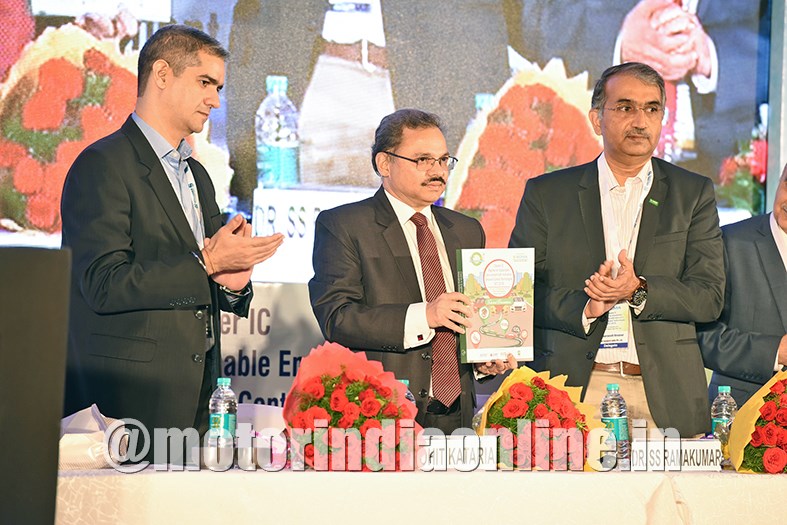The conference covered emissions control for vehicles as well as non-road mobile machinery
The Emission Controls Manufacturers Association (ECMA), a non-profit industry body representing all major exhaust after-treatment manufacturers in India, held an international conference on emissions control – ECT 2019 – in Pune on November 14 and 15. The 12th conference was aptly named ‘Cleaner IC Engines for Sustainable Environment with Innovative Emission Control Technologies’. A departure from the previous ECT, this year’s conference was conducted in the presentation format, as opposed to panel discussions. With BS VI coming into the market and OEMs in vehicular and non-road mobile machinery working toward getting their models emissions-ready, the conference addressed these core issues.

As such, the observations and studies presented by experts and stakeholders in emissions control were found very topical by more than 300 participants who represented the OEMs and stakeholders from all over India and even abroad. The conference covered emissions control for vehicles as well as non-road mobile machinery, which will also need specialised and innovative after-treatment to meet BS IV and BS V regulations.
Dr. S.S.V. Ramakumar, Director – Research and Development, IOCL, inaugurated the conference. In his opening address he provided information about the status of fuel and DEF availability, so critically required to be available before the introduction of BS VI in the industry.
Dr. Anup Bandiwadekar, representing ICCT (USA), in his keynote address, appreciated the huge strides that the OEMs and industry had taken in the area of emissions control from BS IV to VI but said that more efforts will be necessary in the coming future to reach the near-zero level emissions that fossil fuel powertrains are capable of. Other takeaways at the conference included the resurgence of diesel as a preferred fuel for CO2 reduction as well as the inspiring presentations by Dr. Christian Teich of BOSCH and Wilfried Mueller of Umicore, demonstrating with data that BS VI level fossil fuel vehicles can actually clean up the environment in terms of particulates and NOx in real-drive conditions.
A large number of presentations by experts from ECMA member companies kept experts from the automotive industry in rapt attention with the very useful knowledge and information that was shared. Specific concerns with availability and quality of automotive urea (Ad-Blue) and special lubricants for the new emissions were shared by NPL Blue-Sky and Gulf Oil.
In his closing address, Sudipto Basu, Executive Director, ECMA, informed that the organisation aims to carry forward the message of clean emission possible with after-treatment of fossil fuel powertrain through many more such informative seminars and workshops that have been scheduled for the coming year.